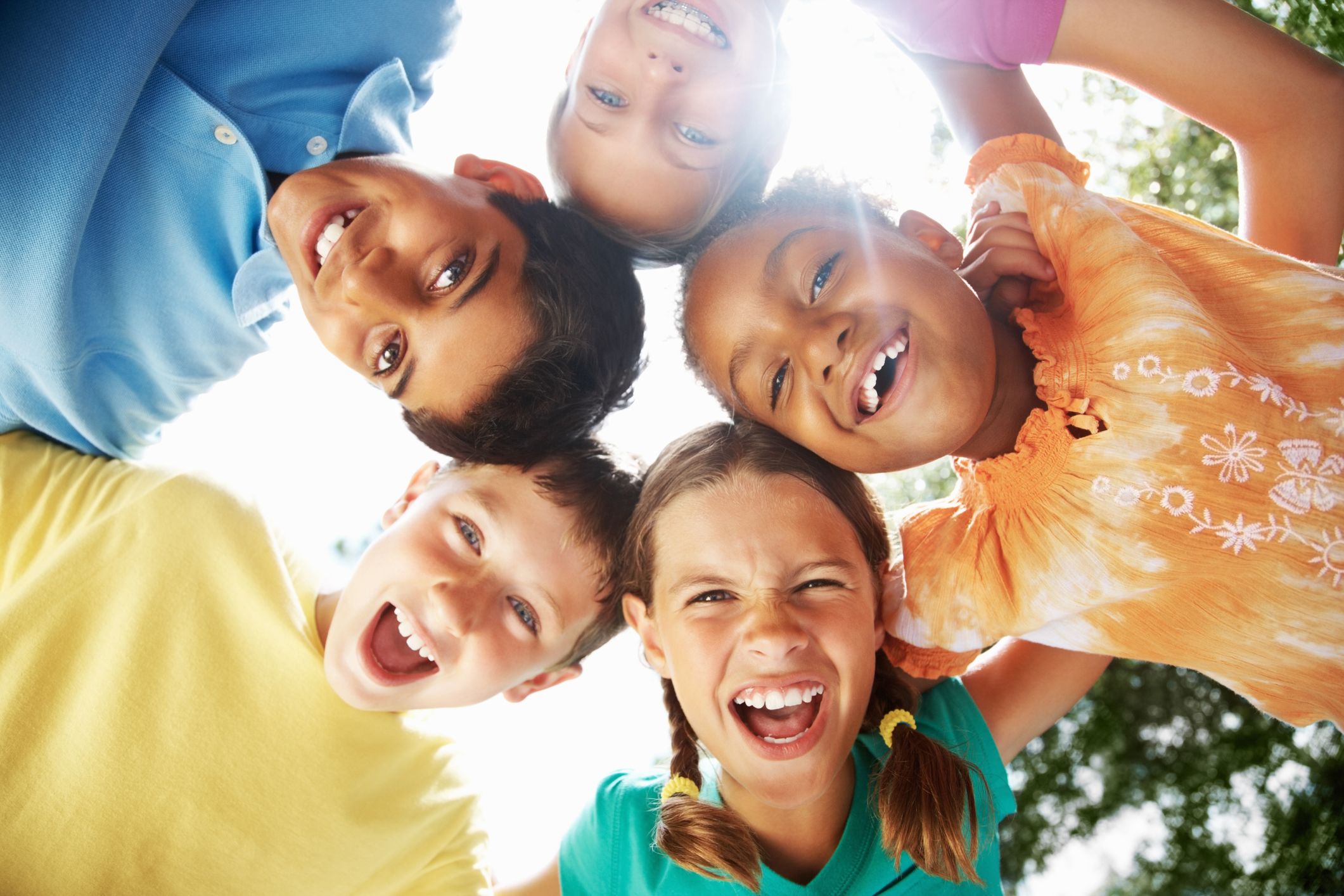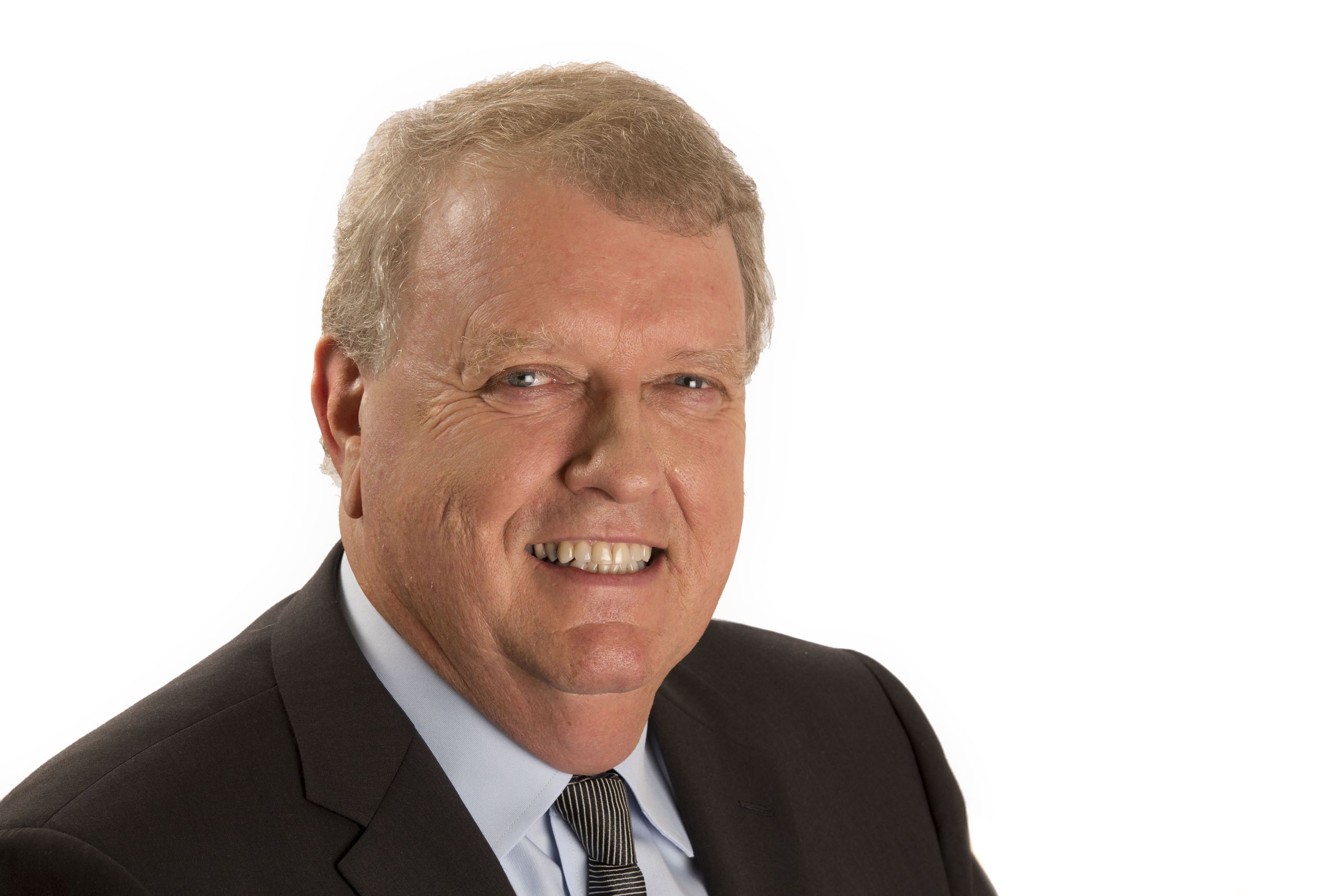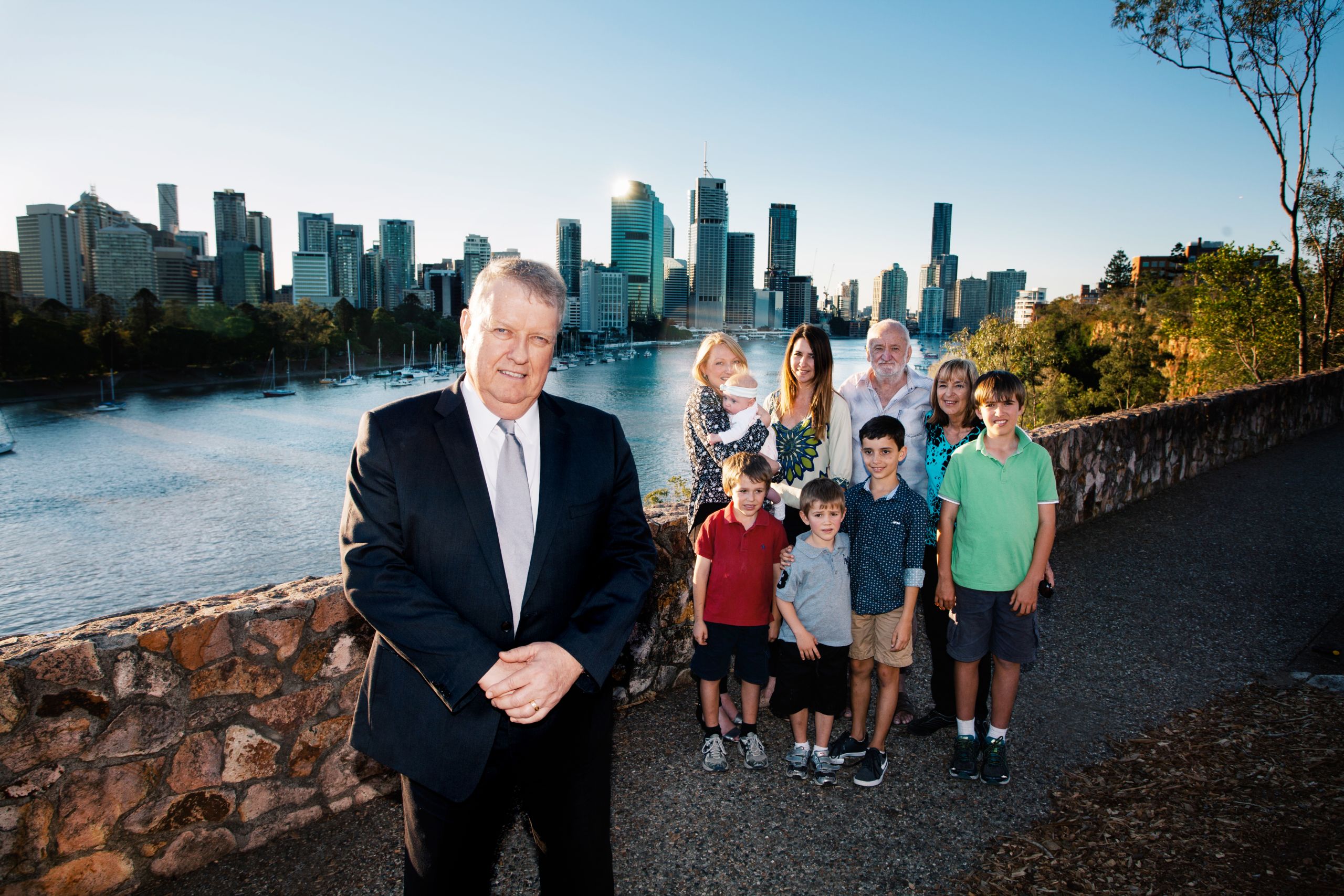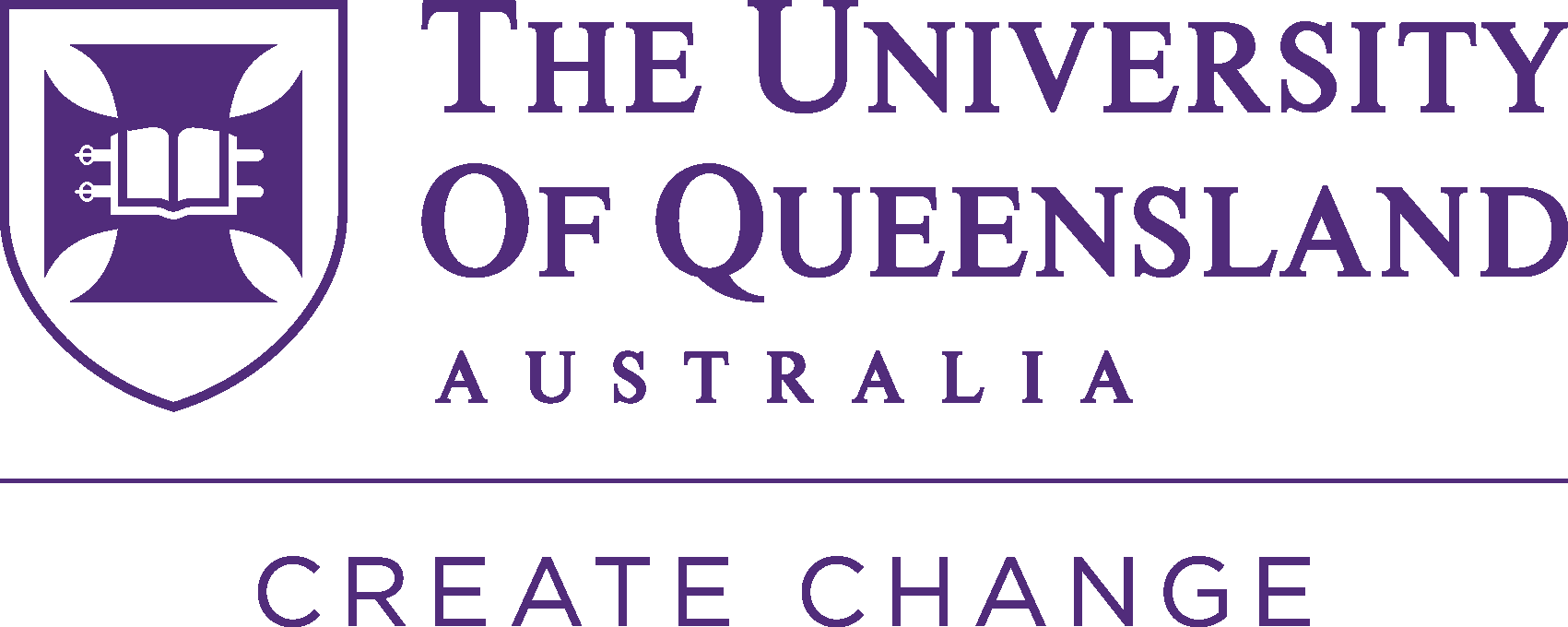Evidence-based Parenting Support for Tough Times:
The Triple P Program Provides Simple, Tested Tools

There are few more important responsibilities than parenting: A parent’s interactions with a child shape the youngster’s linguistic, cognitive, and academic development as well as physical health, social connectedness, self-regulation, and resilience to life’s challenges. An unstable or unhealthy home can create an enormous disadvantage, increasing a child’s likelihood of succumbing to substance abuse, facing unemployment, and suffering mental and physical ill-health. Factors like race, gender, ethnicity, and geography make for an unequal society that becomes more stratified over time. Lower-income, underprivileged parents might lack the tools and resources to give their children the best start, a deprivation they may pass on in turn to the next generation. Can academic research equalize the playing field by providing parents with simple, easy-to-implement tools that have at the same time been subject to rigorous empirical review?
The ‘Triple P’ Positive Parenting Program has, over four decades, become a global gold standard in parenting training. Its intellectual origins lie in the 1981 Ph.D. dissertation of Matthew Sanders, now director of the Parenting and Family Support Centre at The University of Queensland. Initially interested in home-coaching models to help parents struggling to raise preschool children, Sanders realized that “there were very large numbers of children who had either been exposed to abusive parenting practices, or who were developing significant behavioral and emotional problems that were potentially preventable, through a parenting intervention.” Before long, Sanders realized that parenting interventions could help an array of families beyond the most at-risk children and parents. His work as a parenting researcher soon expanded to a fight against the stigma of parenting support, which he wanted to reframe as “healthy, normal, and desirable.”

The 'Triple P' Positive Parenting Program originated in 1981, in the Ph.D. dissertation of Professor Matthew Sanders, now director of the Parenting and Family Support Centre at The University of Queensland.
The 'Triple P' Positive Parenting Program originated in 1981, in the Ph.D. dissertation of Professor Matthew Sanders, now director of the Parenting and Family Support Centre at The University of Queensland.
Today, Triple P has become the most widely used – and extensively studied – parenting-intervention program in the world. Over 9,000 training courses have been delivered in 29 countries, with over 135,000 training places and 80,000 practitioners. It has attracted nearly 1,000 international trials, studies, and publications, and over 330 evaluations across 37 countries, including 175 randomized trials, which have shown it to reduce children’s behavioral and emotional problems, child maltreatment, and improve parental confidence and well-being. “What started as a Ph.D. thesis is now helping millions of families a year,” says Sanders.
The program has expanded to include tailored interventions and toolkits for transition points like starting primary or secondary school, contexts like families undergoing separation and divorce, and for children with specific challenges like anxiety and intellectual disabilities. There are also programs for families with problems including depression, conflict, and substance abuse. Tactical areas cover everything from bedtimes and hassle-free shopping to getting kids to do their homework. “The idea was to develop a system of parenting support that would enable differences in levels of need, and parent preferences, relating to how they wish to access the program, so it wasn't a one-size-fits-all,” says Sanders.
The key strength of Triple P is its balancing of individualization, based on each family’s unique conditions, with the universality of parenting. Despite the breadth of cultures across Triple P’s international network, including indigenous, first-nation and Maori populations in Australia and New Zealand, there are “many common touchpoints across cultures. All kids need to get ready for school. All kids need to be fed in the morning, to get dressed, to have a transition from being away from home with peers and coming back into the home environment. There's homework, and there's bedtime, and there are sibling relationships. A temper tantrum looks very similar in downtown Tehran, Tokyo, Sydney, or London,” says Sanders. “We've been very much focused on finding the parts of Triple P that parents seem to relate to everywhere.” Most important, he says, is that Triple P, by being modular and customizable, gives parents agency to decide the right mix of tools based on their goals, context, and culture. “They have a smorgasbord of options they can choose from and that are culturally acceptable to them.”
Triple P is built on five principles: safe and engaging environment, positive learning environment, assertive discipline, realistic expectations, and parental self-care, which are translated into 17 strategies. This might include helping parents spot a ‘teachable moment,’ when a child initiates an interaction about an object or phenomenon that they are interested in. It also includes tools for parents to nurture their own well-being. “If you’re miserable and lonely, and you're in an environment of conflict, and you're abusing substances, and you've got a significant mental health problem, it's so much more difficult to be patient and consistent with your kids,” says Sanders.
Adapting to a Changing World
While parenting brings its share of universal challenges and best practices, there are also emerging social, economic, and environmental threats that require Triple P to evolve.
Most pressing in 2020 of course is the COVID-19 crisis, which has seen the Triple P team rapidly produce a suite of new resources to help support parents globally. This includes a COVID-19 Parenting Guide, a new online module, an online seminar for University of Queensland staff who are also parents, and a soon-to-be-released podcast series on 'Parenting in a pandemic'. "By utilising our existing online delivery methods for parents and moving to online professional training for Triple P practitioners, we've been able to quickly implement additional resources to support families around the world during this unprecedented time," says Sanders.
Another challenge Triple P is addressing is the environmental crisis; an urgent issue in Australia following the devastating wildfires that devastated a fifth of the country’s forests, destroyed 2,500 homes, and killed an estimated 1.25 billion animals. “There are young children who are terrified about the environment; the smoke coming from the fires and into the cities is making kids climate-anxious,” says Sanders. Parents today need to think more than in the past about “what an ecologically sustainable family life looks like,” he says. “How can we help parents and children develop the capabilities so that in tackling issues of the environment they feel they’re not just passive victims and anxious about it, but they're empowered to take action, to do something?”
Triple P’s roots in academe afford it the necessary level of critical appraisal, review, and evaluation to accommodate changing realities, build on strengths, and weed out weaknesses, allowing a “constant search for self-improvement.” Going forward, Sanders is keen to see more global research and practitioner network-building and collaboration to “join all the evidence-based programs in this space, to bring them together as a kind of a coalition of researchers who can share knowledge and wisdom. A rising tide lifts all ships.”
The social and economic benefits of better parenting are hard to overstate, which is why Triple P has attracted sizeable public funding, both within Australia, from the National Health and Medical Research Council and the Australian Research Council, and internationally, from the National Institute of Mental Health Research and National Institute on Drug Abuse, among others. Governments recognize how a positive family and home life ripples out into society at large.
“When you've got kids growing up in a family where the parent has got the knowledge, skills, and competence to parent positively, in a stable, predictable environment, everyone wins. Kids win. Parents win. Communities win. And nations win, because you've got neighborhoods with kids who are not at war with each other,” says Sanders. “Parenting is a great context for bringing people together and creating social connectedness.”
To access Triple P’s COVID-19 parenting resources, visit triple–parenting.net.au.

Headquartered at The University of Queensland in Australia, the 'Triple P' Positive Parenting Program has been delivered to parents in 29 countries.
Headquartered at The University of Queensland in Australia, the 'Triple P' Positive Parenting Program has been delivered to parents in 29 countries.



